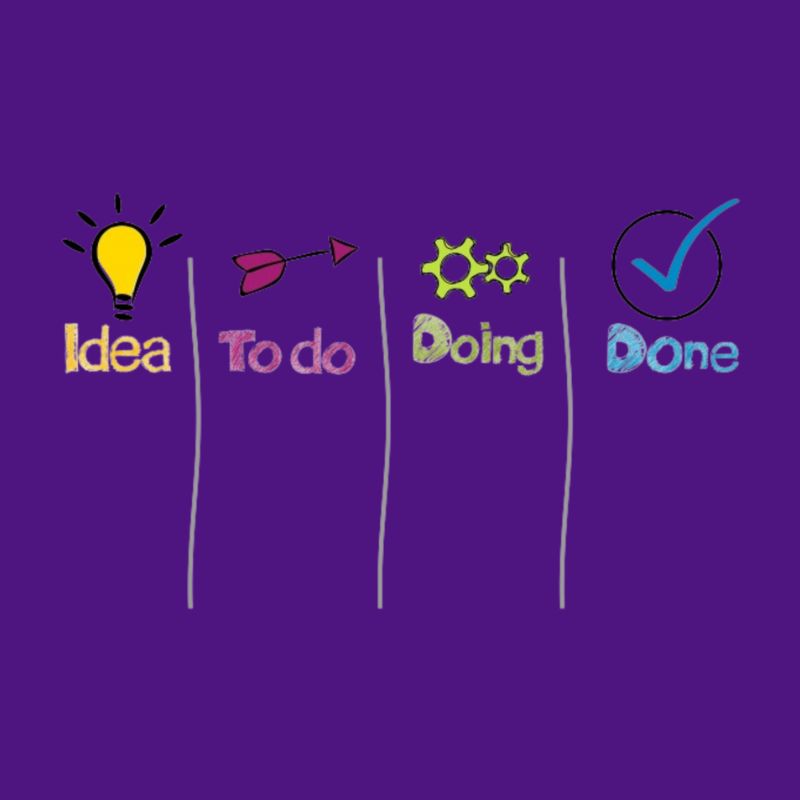A weekly work plan is essential for boosting productivity, managing time effectively, and ensuring that you and your team members stay focused on achieving your goals.
By incorporating structured planning into your work week, you can manage your energy levels, set deadlines, and reap the benefits of better time management.
This article will provide you with a guide on how to create and implement a weekly work plan, along with the key benefits of doing so.
Understanding the Weekly Work Plan
A weekly work plan involves allocating specific time slots for each task or activity that needs to be completed during the week.
This structured approach helps in organizing tasks, setting priorities, and managing time effectively. It provides a clear roadmap of what needs to be accomplished, reducing the likelihood of missing important deadlines.
Benefits of a Weekly Work Plan
- Enhanced Productivity: By planning your week, you can focus on high-priority tasks, reducing distractions and improving overall productivity.
- Better Time Management: Allocating specific time slots for each task helps in managing your work hours efficiently, leaving room for free time and buffer periods for unexpected events.
- Improved Focus: A clear plan helps you stay focused on the task at hand, reducing the stress of constantly figuring out what to do next.
- Team Collaboration: For team members, a shared work plan ensures everyone is on the same page, leading to better collaboration and coordination.
- Achievement of Main Goals: Breaking down larger goals into smaller, manageable tasks makes it easier to achieve them by the end of the week.
Steps to Create an Effective Weekly Work Plan
Analyze Your Workload
Start by listing all your tasks and goals for the week. This includes both major and minor deliverables. Make sure to:
- Write SMART Goals: Ensure your goals are Specific, Measurable, Achievable, Relevant, and Time-bound.
- Break Down Tasks: Divide larger tasks into smaller, actionable steps.
- Prioritize: Use color-coding or other systems to highlight urgent and important tasks.
Create a Schedule
Organize your tasks into a daily schedule with set deadlines. Here are some tips:
- Set Realistic Timelines: Base your deadlines on past experiences and current workload.
- Time Blocking: Allocate specific blocks of time for each task to enhance focus and reduce the mental load of switching between tasks.
- Use the Pomodoro Technique: Work for 25 minutes, then take a 5-minute break. After four cycles, take a longer break. This method helps maintain high levels of productivity and focus.
- Incorporate Buffer Time: Include extra time in your schedule to handle unexpected tasks or delays.
Use a Task Management System
Tools like Asana or Trello can help manage your tasks more effectively by providing features for task tracking, prioritizing, and collaboration. These tools offer:
- Easy Updates: Quickly adjust your plan as new tasks arise or priorities change.
- Centralized Notes and Files: Store all project-specific notes and files in one place for easy access.
- Collaborative Features: Share plans with team members, assign tasks, and track progress together.
Monitor Your Progress
Regularly check your progress against your plan:
- Daily Reviews: At the end of each day, review what you’ve accomplished and adjust the next day’s plan if necessary.
- Weekly Reflection: At the end of the week, assess what went well and what didn’t. Use this reflection to improve your planning for the following week.
Additional Tips for Effective Weekly Planning
- Align with Energy Levels: Schedule demanding tasks when your energy levels are highest, typically in the morning.
- Include Personal Time: Make sure to allocate time for breaks, exercise, and personal activities to maintain a healthy work-life balance.
- Set Clear Boundaries: Define your work hours clearly to avoid burnout and ensure you have enough free time.
- Stay Flexible: While having a plan is crucial, be ready to adapt as priorities and circumstances change.
Conclusion
A weekly work plan can significantly enhance productivity, time management, and overall work quality.
By organizing your tasks, setting clear deadlines, and regularly monitoring your progress, you can ensure that you achieve your main goals effectively.
Whether you are working individually or as part of a team, a structured weekly plan is a powerful tool to keep you on track and focused on what matters most.
Embrace the benefits of weekly planning, and you’ll find yourself navigating the work week more easily and efficiently, leading to a more productive and fulfilling professional life.



